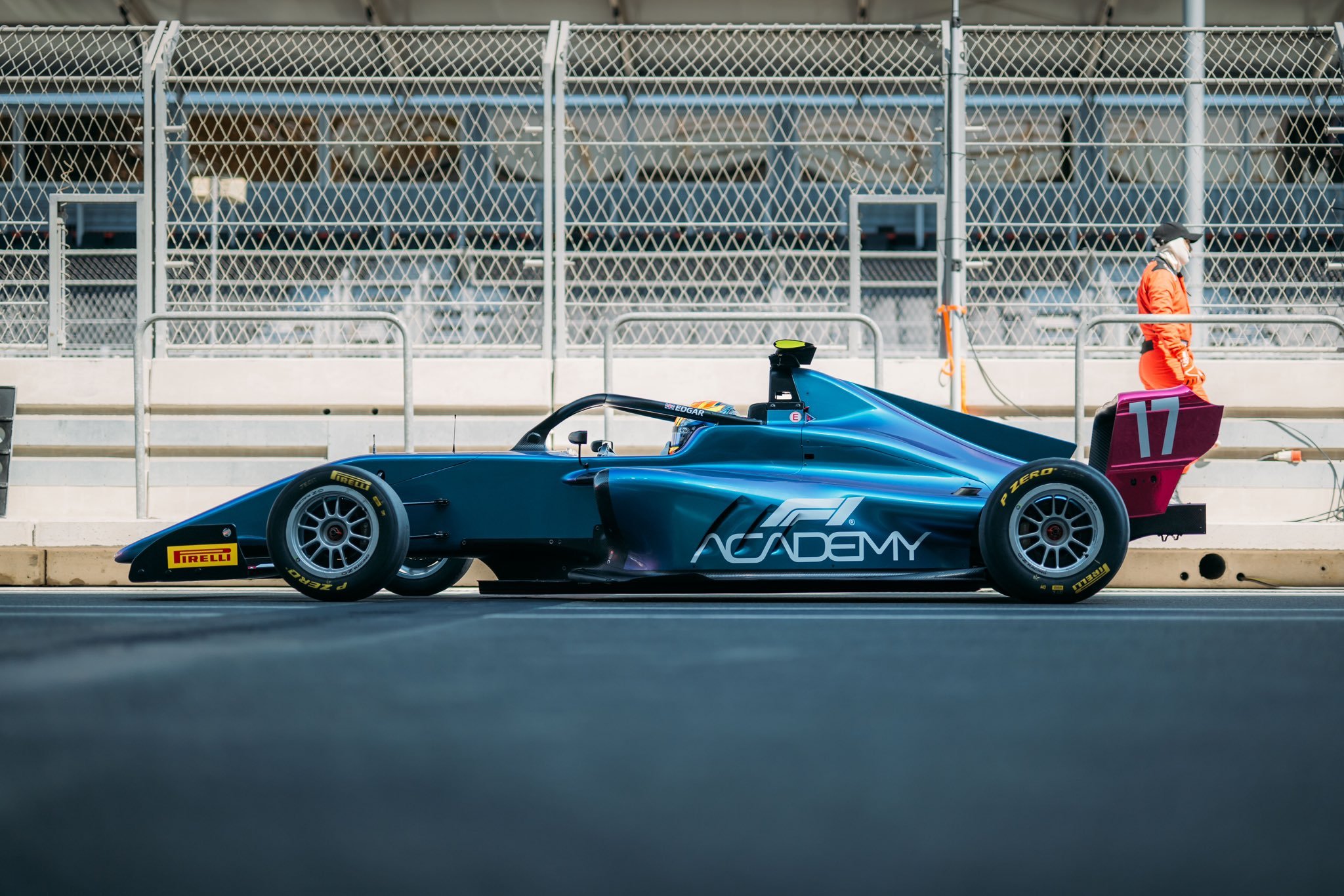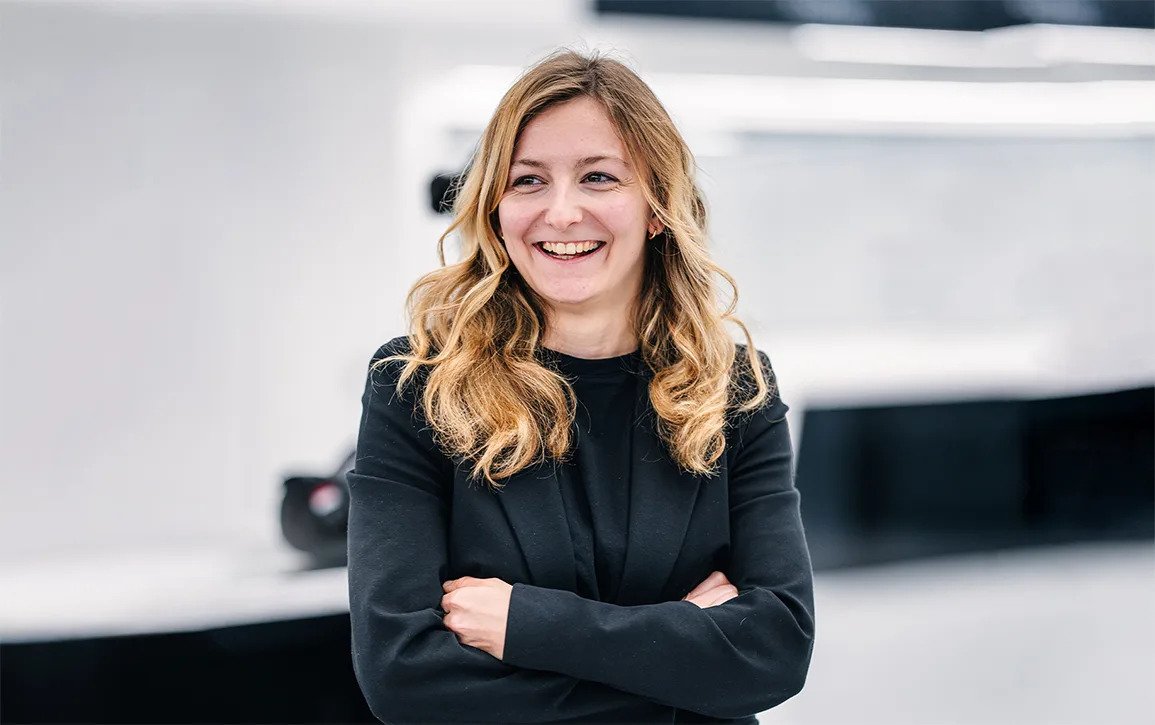F1 Academy: Your Guide To The 2024 Season
It’s clear that motorsport needs to do much more in order to be inclusive in a number of ways including equality regarding race, gender, and disabilities. Organisations such as the Hamilton Commission, Racing Pride, and Motorsport UK’s Girls On Track, have been instrumental in getting as many people involved in the industry we all love.
W Series was a colossal step in the right direction in getting women closer to Formula One. Unfortunately, the series went into administration in 2023, leaving countless talented drivers without a seat. Although a very sad state of affairs, the loss of W Series was very quickly followed by the extreme success of F1 Academy.
Susie Wolff, who headed W Series retained her role as Managing Director of F1 Academy since its inception. It’s certainly an interesting series as it includes investment from Formula One directly and is set to run for another season. So, ahead of the season opener in Saudi Arabia, here’s everything you need to know about F1 Academy.
What is Formula Academy?
F1 Academy is an open-seater series which invites women aged 16-25 to have an easier transition from karting to the higher echelons of motorsport. The series aims to act as a springboard to other series higher up the racing ladder, something which is clear following the promotion of Marta Garcia, 2023 F1 Academy champion, to Formula Regional European Championship by Alpine (FRECA).
Off The Track
The series promises to embed itself in every level of motorsport to encourage women to get involved in any way they can whether it’s driving the car, repairing it, or even working in motorsport media. F1 Academy prides itself on three pillars: Community, Youth Engagement and Talent Identification & Participation. The series will run activations under its ‘Discover Your Drive’ program, which engages local communities and invites girls aged 8-18 to attend various workshops and activities to inspire them to consider a future in motorsport.
The Car
All cars in the series are pretty much the same, with the only interchangeable elements being the aerodynamic angle, suspension settings, and tyre compounds, which means that the drivers’ talent will be the deciding factor. The cars all use a carbon monocoque chassis manufactured by Taatus Automobili which complies with 2021 FIA safety standards and will feature front and rear wings made from a carbon composite, built to withstand tense wheel-to-wheel action.
Formula 1 also promises to subsidise the cost of the cars, meaning drivers have to pay €100,000 for entry, which is down from €150,000 in 2023. This is extremely low compared to other entry fees including Formula 4, which shares the same car as F1 Academy, at an astonishing €500,000. This is nothing compared to Formula 1, which saw Max Verstappen pay an eye-watering €888,000.
The turbocharged four-cylinder 1.4-litre engine from Autotecnica produces a whopping 174 bhp, revving to a dizzy 5500 rpm. The cars have a top speed of 150 mph and can go from 0-62 mph in just 3.6 seconds. The drivers will also experience a stomach-churning 2G in the corners, which means they will be pulling twice their body weight through the bends. The bespoke six-speed gearbox designed by Sadev will feature an electric gearshift system courtesy of Magneti Marelli.
Sitting pretty on Pirelli tyres, the cars feature the latest safety technology seen in Formula 1 including wheel tethers and the halo system, proven to save countless lives in motorsport.
Teams & Drivers
The 2024 grid will feature 15 drivers across five teams which also operate in other feeder series including Formula 2 and Formula 3. The teams that are currently entered in the series are ART Grand Prix, Campos Racing, MP Motorsport, Prema Racing, and Rodin Motorsport.
At the time of publication, only eight drivers have been announced, with all F1 teams nominating at least one driver each. Daughter of Ken Block, Lia Block will be racing as part of the Williams Driver Academy. Williams team principal James Vowles described Block as having “the champion mindset and dedication to make a success of her journey into open-wheel racing.”
Other academy drivers include Tina Hausmann for Aston Martin, Abbi Pulling for Alpine, Carrie Schreiner for Sauber, Doriane Pin for Mercedes, Chloe Chambers for Haas, Maya Weug for Ferrari, and Bianca Bustamante for McLaren. The line up for the Red Bull family includes Amna Al-Qubaisi, Emely de Heus, and Hamda Al-Qubaisi.
The F1 Academy grid has also recently welcomed some exciting sponsors including Charlotte Tilbury, represented by Lola Lovinfosse, Tommy Hilfiger with Spanish driver Nerea Martí, and PUMA with Aurelia Nobels. The interest from these global brands spells good news for the future of F1 Academy as its predecessor, W Series, stopped after just three seasons due to funding issues.
For 2024, the updated Sporting Regulations now state that a driver can compete in F1 Acadamey for no more than two seasons, allowing for emerging talent to have a chance in obtaining a seat.
Wild Card
A new addition for the 2024 season, a ‘Wild Card’ will be used to invite a driver outside of the existing lineup that’s from the region that F1 Academy are racing in. This is to allow local talent to develop with the chance for the driver to score points in the driver’s championship. For the opening round in Jeddah, Reema Juffali will be competing as the inaugural Wild Card entry. Juffali was the first female Saudi Arabian racing driver and the first Saudi woman to win an international race.
As reigning constructor’s champions, Prema Racing will run the Wild Card driver alongside its three cars whilst offering training and support to the selected driver. We think this a great initiative and would be great to see in other series.
Susie Wolff, Managing Director of F1 Academy:
“The introduction of the Wild Card entrants will promote regional talent, engage with local communities, and increase the talent pool in the regions in which we race which will be important for our long-term growth and ensure we are creating even more opportunities for women to get involved in our sport.”
Finally, the drivers that finish in the top five in the driver’s championship will receive FIA Super License points, with the champion earning ten points, second with seven, third with five, fourth with three, and fifth with one. This is integral for the drivers as more points on their Suoer License will support their progression up the single-seater ladder.
Race Weekend Format
Drivers are given two 40-minute practice sections to get to grips with the circuit which is followed by a singular 30-minute qualifying session to set the grid for the two races, which also last for 30 minutes each.
What’s unique about F1 Academy’s qualifying sessions is that the drivers have to ensure they have more than one fast lap, as the fastest lap decides the grid for Race 1 and the second-fastest lap for the driver setting the grid position for Race 2.
The points awarded for Race 1 and 2 are identical to that of Formula 1’s races, with the winner claiming 25 points all the way down to 10th place, who gets one point. One point is awarded for the fastest lap, providing they were within the top ten, and two points are awarded for pole position. This means that a driver can pick up over 50 points in a single weekend.
Race Calendar
In 2023, F1 Academy was run to support smaller series such as FRECA, Deutsche Touring Masters (DTM), and the World Endurance Championship (WEC). In the runup to the 2024 season, F1 CEO Stefano Domenicali confirmed to Sky Sports F1 that F1 Academy will align with select races in the F1 calendar. This means that F1 Academy will join Formula 2, Formula 3, and Porsche Supercup as part of the support series lineup.
The 2024 race calendar features seven race weekends, set to run parallel to a handful of Formula 1 race weekends. Here’s the full calendar:
Race 1: Jeddah, Saudi Arabia (7th March - 9th March)
Race 2: Miami, United States (3rd May - 5th May)
Race 3: Barcelona, Spain (21st June - 23rd June)
Race 4: Zandvoort, Netherlands (23rd August - 25th August)
Race 5: Singapore (20th September - 22nd September)
Race 6: Lusail, Qatar (29th November - 1st December)
Race 7: Yas Island, United Arab Emirates (6th December - 8th December)
What’s Next?
The second season of F1 Academy gets underway in Jeddah in just a few days with a star-studded lineup promising thrilling wheel-to-wheel action. We’ll be sure to provide updates and analyses on the latest events over the course of the 2024 season. We’ll be sure to cover it here on Race Reaction.











